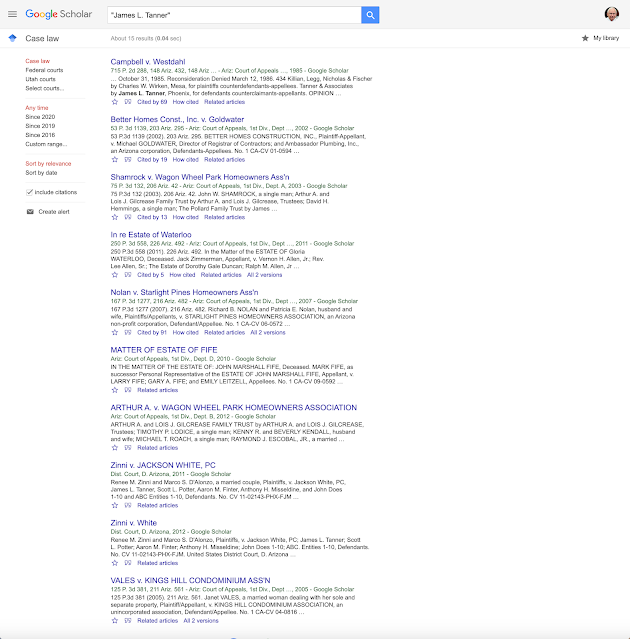 |
| Palace of Justice, Brussels, Belgium |
Genealogists rely on a variety of court records for research beyond the popular census and vital record sets. Attorneys who practice law in the court system take years of study to master the complexity and language of the law and the court system so there is an advantage to those genealogists who also happen to be lawyers. How does the average genealogist deal with the pervasive "legal jargon?" The first major step is to improve your reading skills. Take the time to use a dictionary while reading. In the United States, the basic legal dictionary is called Black's Law Dictionary. Fortunately, the entire contents of the dictionary are online and free to use. Here is the link to the free online website: thelawdictionary.org. Here is a screenshot of some of the entries:
Of course, the edition used of Black's Law Dictionary is an old 2nd Edition but legal terms seldom change and genealogists are almost always looking at language in old documents. Just to know, the latest edition is the 11th edition. I have mentioned this in past posts during the time I was practicing law, I always had a copy of Black's Law Dictionary within reach of my desk.
Legal documents are located just about everywhere in almost every town in the world. The main challenge in doing research, besides the language, is availability. Although the major genealogical websites have collections of legal documents, billions of others are still on paper or microfilm in individual storage areas from courthouses to warehouses. Here are a few of the types of documents you can look for:
- Case files
- Dockets
- Indexes
- Judgments
- Minutes
- Orders
- Decrees
- Wills and Probate files
- Bonds
- Guardianships
- Inventories







This site you recommended, https://scholar.google.com/. I'm confused on how to use to look up a court case for my grandmother. Any help would be appreciated.
ReplyDeleteYou search by the name of the person.
DeleteThank you ❤️
Delete